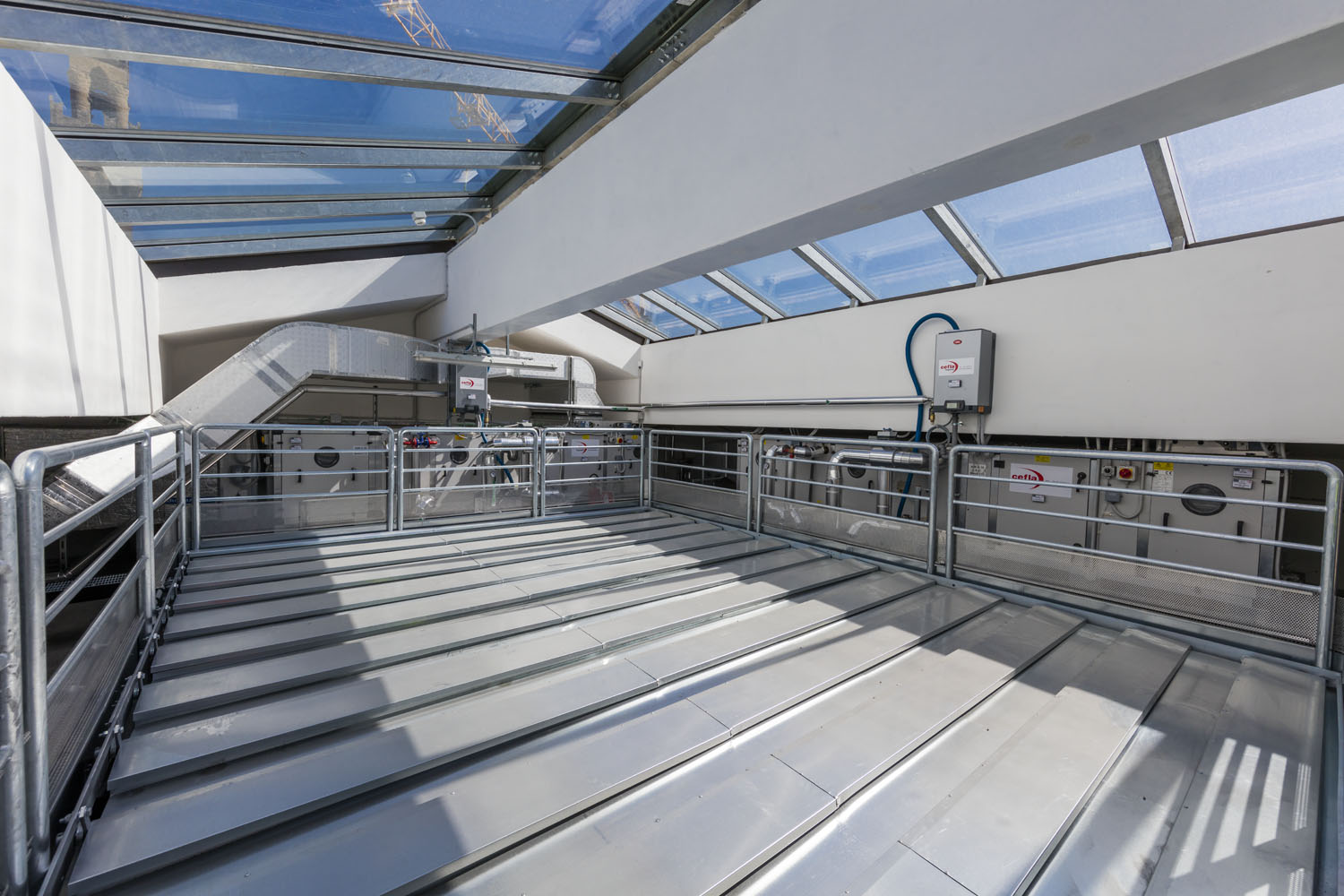Cefla oversaw the restoration of all the plant engineering systems: technological control units, mechanical, electrical and special systems.
Strengths
Invisible integration
All mechanical, electrical and special systems have been designed to be completely concealed, in full harmony with the historic architecture of the theatre.
Safety first
The work ensured the highest level of fire safety and accident prevention, bringing the building into line with the latest regulations.
Energy efficiency
Use of surface groundwater for the condensation circuits of the three refrigeration units and connection to the district heating network shared with Palazzo Marino, Civica Ragioneria and Vittorio Emanuele Gallery.
Key Numbers
abt. 6.000
Checked points
4.000 kW
Installed thermal power
over
3.000 kW
Installed cooling capacity
340.000 m3/h
Air flow
Background
The Teatro alla Scala, inaugurated in 1778 and designed by Giuseppe Piermarini, is one of the most prestigious opera houses in the world. Between 2002 and 2005, the theatre underwent major restoration and technological modernisation works, aimed at preserving its artistic heritage and improving the building's functional performance. Cefla oversaw the design and construction of the technological systems, ensuring integration with the historic architecture and energy efficiency.
The works were carried out in accordance with the guidelines set by the municipal administration and technicians from the different bodies involved.
Challenges
- Protection of historical heritage
Integrate advanced technological systems into a listed building, ensuring the preservation of the original architectural elements. - Space constraints
Install the technological systems in the basement, in confined and restricted spaces. - Operational continuity
Coordinate the work with the theatre's activities, minimising the impact on performances and rehearsals.
Project Tasks
Cefla built:
- Technological units in the basement, including the heating, cooling and heat exchange units.
- Mechanical, electrical and special systems, designed to be completely concealed and integrated with the historic architecture.
- Cooling systems based on the use of groundwater for the condensation circuits of the three refrigeration units.
- Connection to the district heating network shared with neighbouring historic buildings.
Implementation
The project was completed in 2005, on schedule and within budget. The work enabled La Scala to improve its energy efficiency, guarantee the safety of spectators and staff, and preserve the building's artistic and architectural heritage.
After identifying the plant engineering requirements in relation to the different functional, architectural and structural characteristics, it was decided to work according to distinct operational areas:
- Stalls (monumental area);
- Four tiers of boxes (monumental area);
- First and second galleries (monumental area);
- First, second and third foyers (monumental area);
- Stage tower (stage area);
- Rehearsal rooms (stage area);
- Offices (stage area);
- General services (stage area).
The work carried out was as follows:
- Achievement of the highest level of fire and accident prevention safety;
- Compliance with the architectural restoration of the monumental part (stalls, stage, foyer and galleries);
- Optimisation of thermal, hygrometric, visual and acoustic comfort in relation to the various uses of the premises;
- Introduction of the most appropriate plant technologies to achieve maximum energy savings while respecting the environment.
Download
Gallery






Tutte le foto (6)






Case Study
 EPC Contracting
EPC Contracting
Sea Linate Malpensa
CEFLA enhances Milan's Linate and Malpensa airports with advanced plant engineering, ensuring...
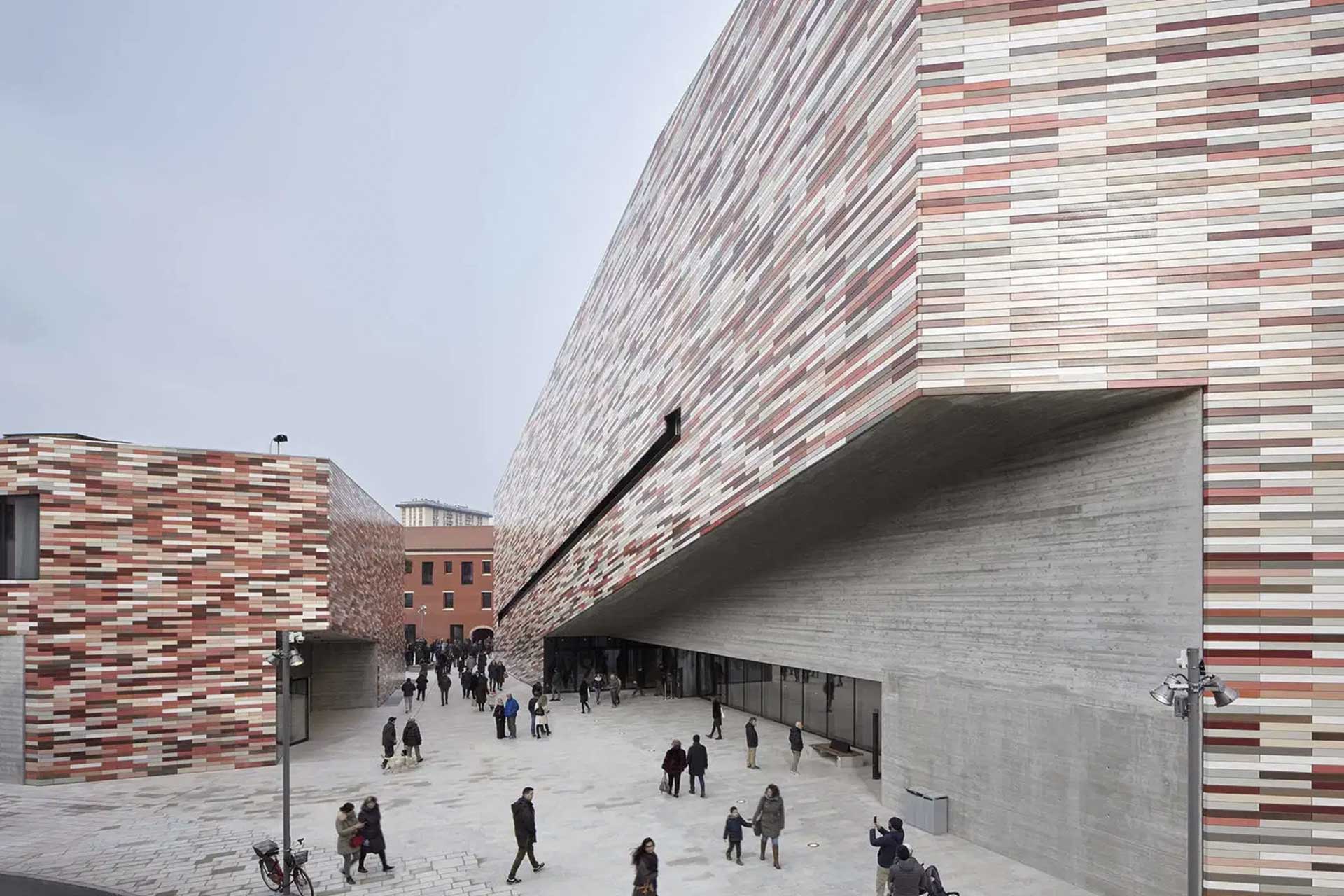 EPC Contracting
EPC Contracting
M9 Museum of the Twentieth Century
The M9 Museum in Mestre: an example of urban regeneration and energy sustainability thanks to...
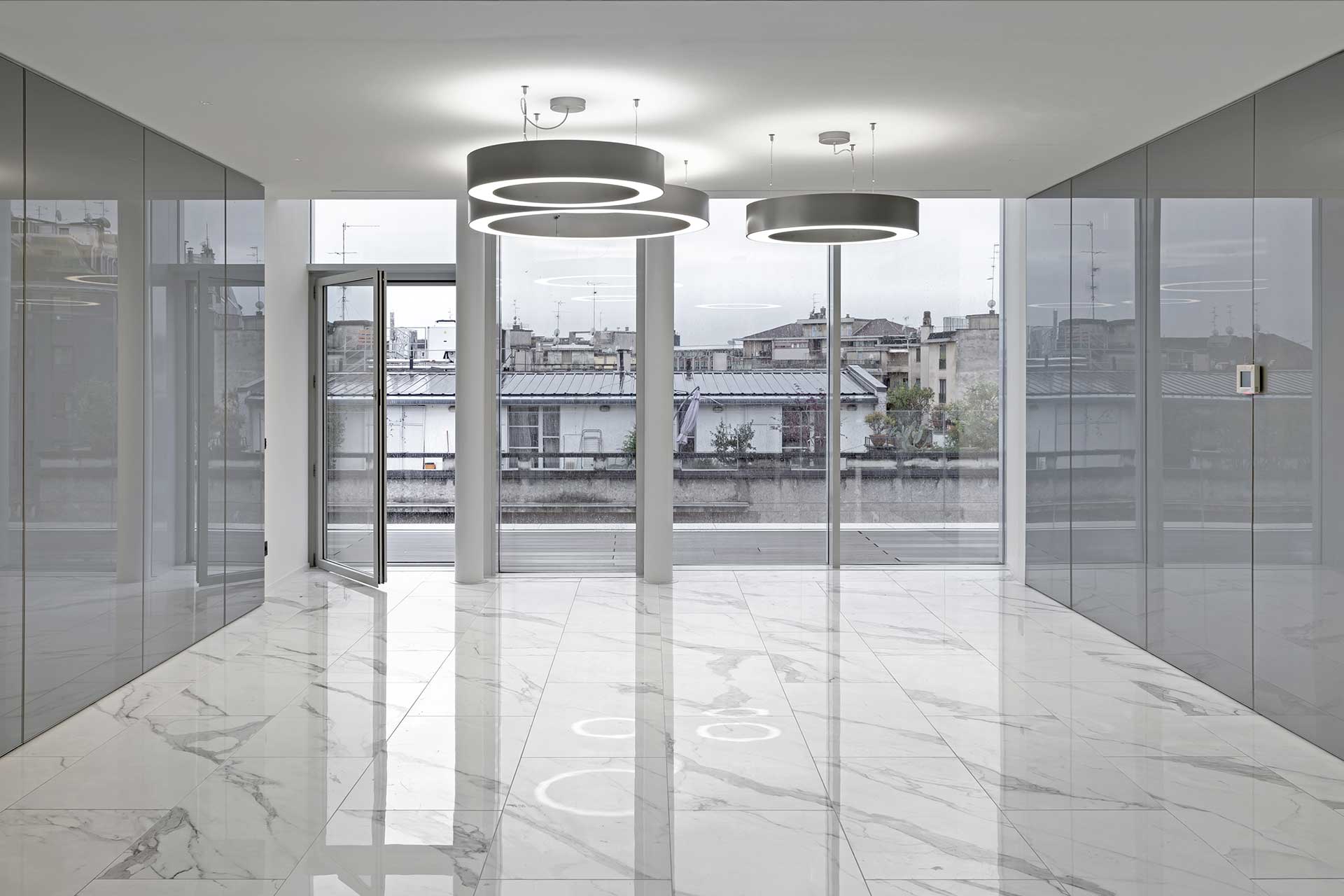 EPC Contracting
EPC Contracting
Cà Litta
Technological redevelopment of Cà Litta in Milan: advanced solutions and respect for historical...
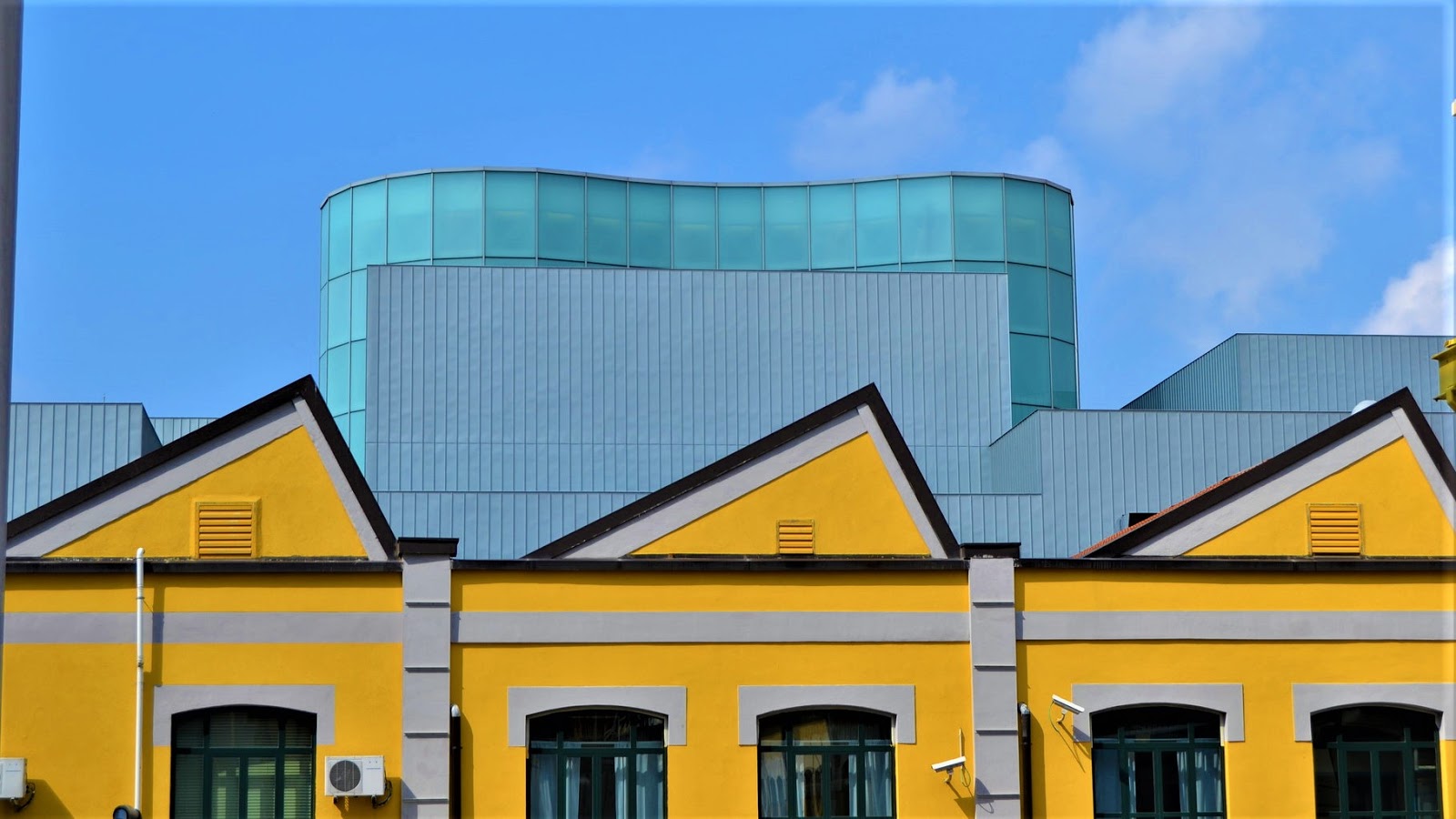 EPC Contracting
EPC Contracting
City of Cultures
Cefla has integrated advanced technologies and sustainable energy systems into Milan's City of...
 EPC Contracting
EPC Contracting
Rome Metro
Redevelopment of the Termini junction in Rome: Cefla improves safety, efficiency and accessibility...
 EPC Contracting
EPC Contracting
Unipol Midi
Learn about the construction of the Unipol Midi complex in Bologna: integrated design, energy...
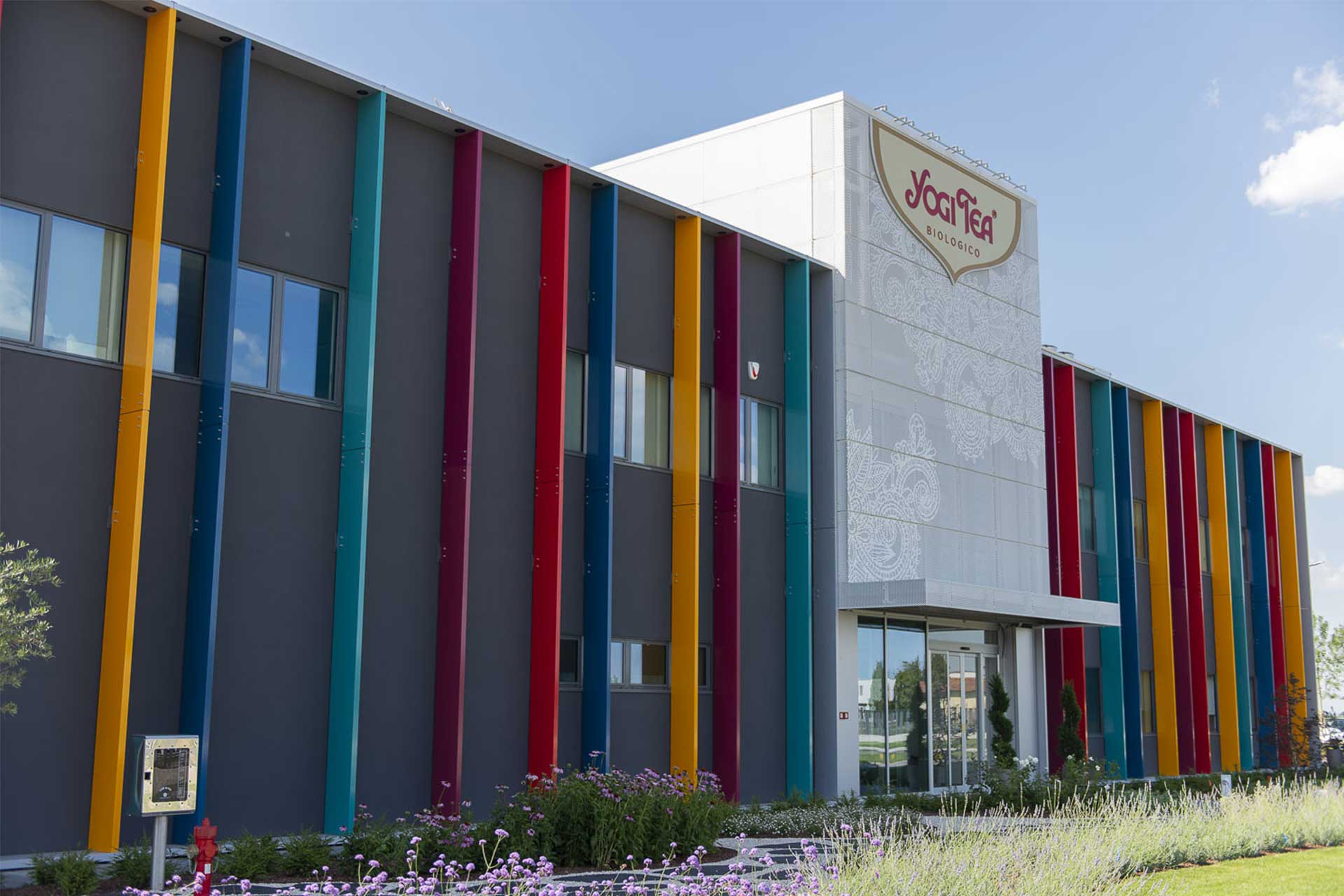 EPC Contracting
EPC Contracting
TeaPak
Cefla builds a new production plant for TeaPak in Imola, completed during the pandemic, with...
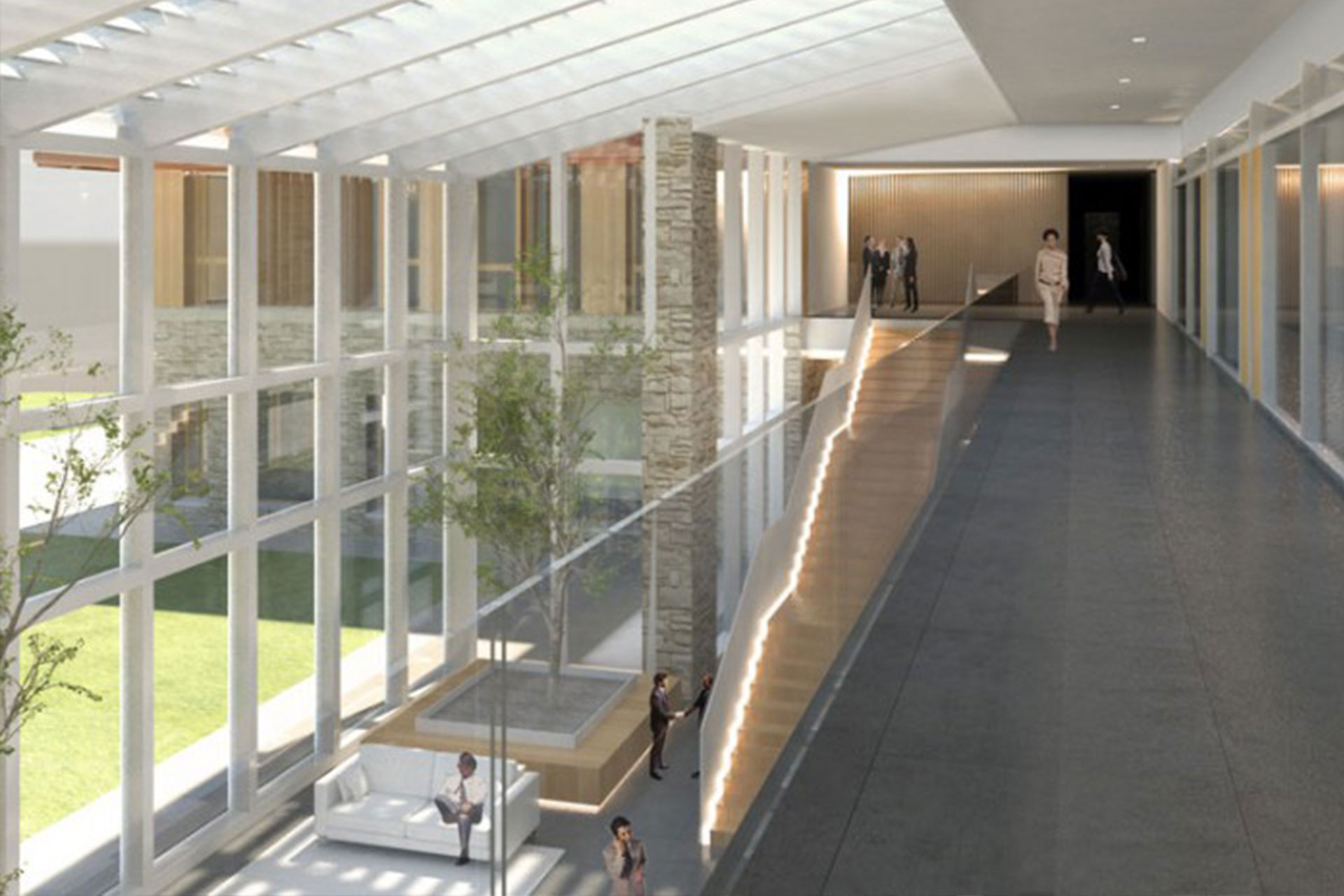 EPC Contracting
EPC Contracting
Crif CED
Installation and certification of a state-of-the-art data center for CRIF, with architectural...
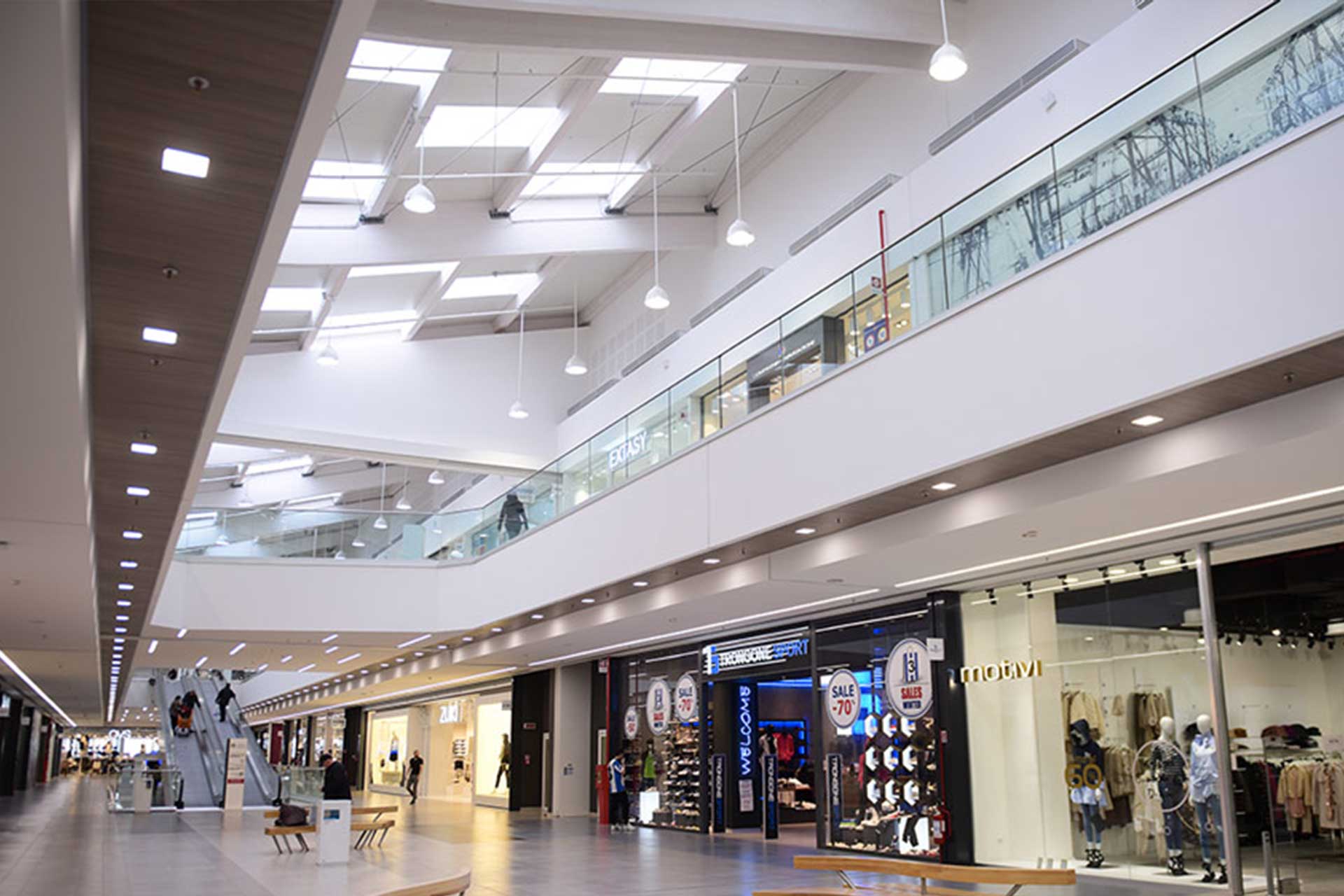 EPC Contracting
EPC Contracting
Le Cotoniere
Learn how Cefla integrated advanced systems into Salerno's Le Cotoniere Shopping Center, improving...
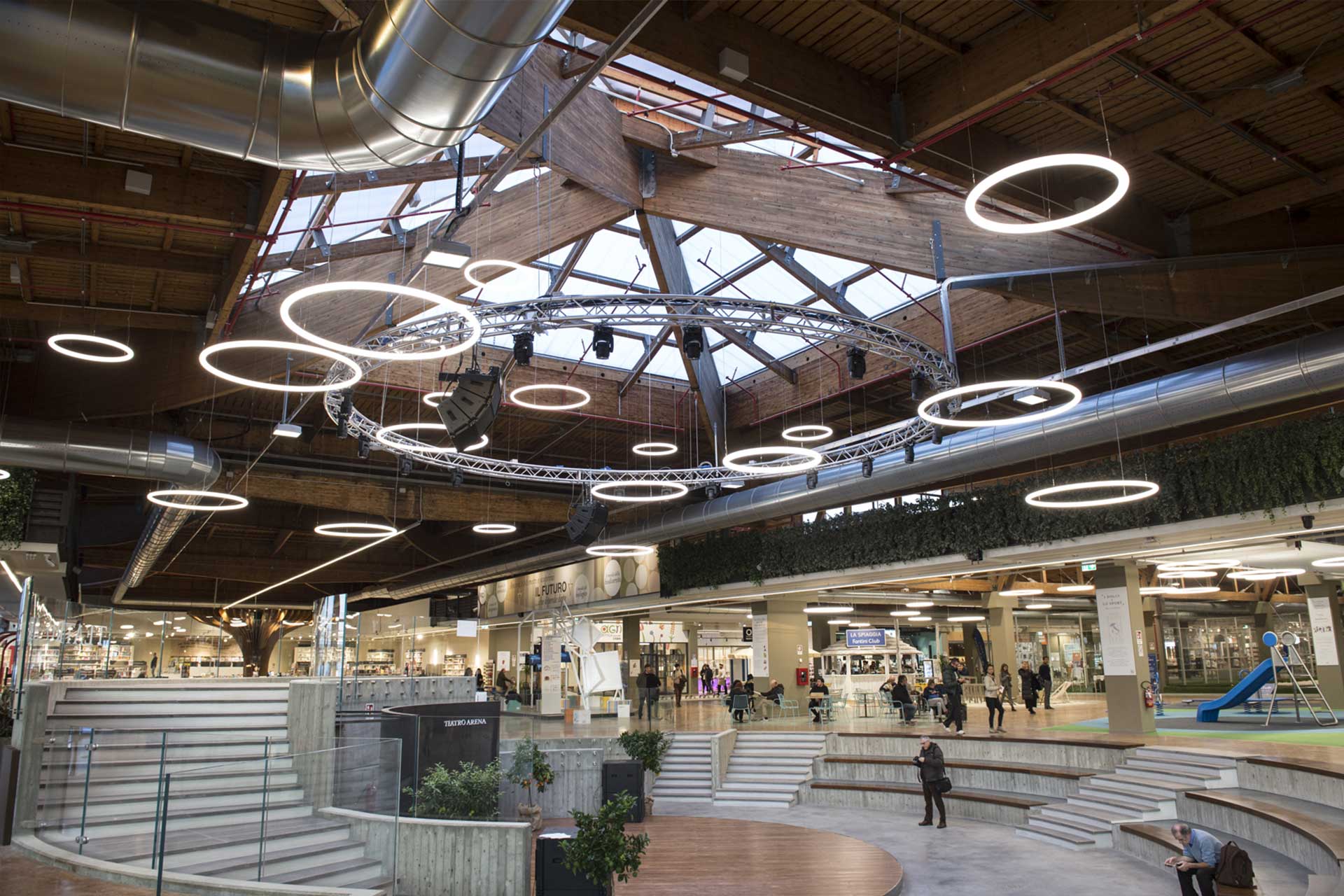 EPC Contracting
EPC Contracting
FICO Eataly World
Learn how Cefla contributed to FICO Eataly World with sustainable and energy-efficient plant...
News
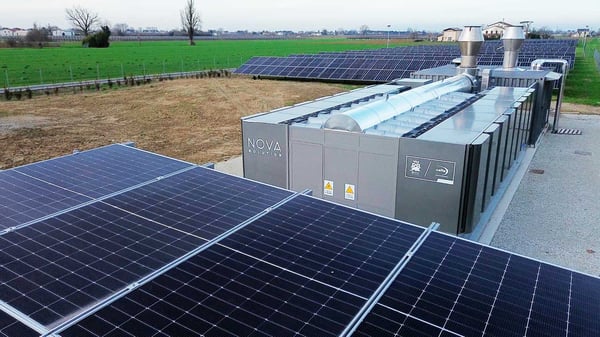
Racing Bulls Green Energy Park: the new era of sustainable motorsport
25 February 2026
Visa Cash App Racing Bulls unveils Cefla's innovative fuel cell plant in the new "Racing Bulls Green Energy Park"

Are you ready for KEY - The Energy Transition Expo 2026?
25 February 2026
Attend KEY - The Energy Transition Expo 2026 to discover the latest sustainable technologies and innovative solutions for the energy transition.

Energy HUB: from concept to implementation. The Itala case study
24 February 2026
Learn how with Cefla, Itala is revolutionizing the dairy sector with innovative and sustainable energy solutions at its new production facility.
Find the perfect solution for your business
